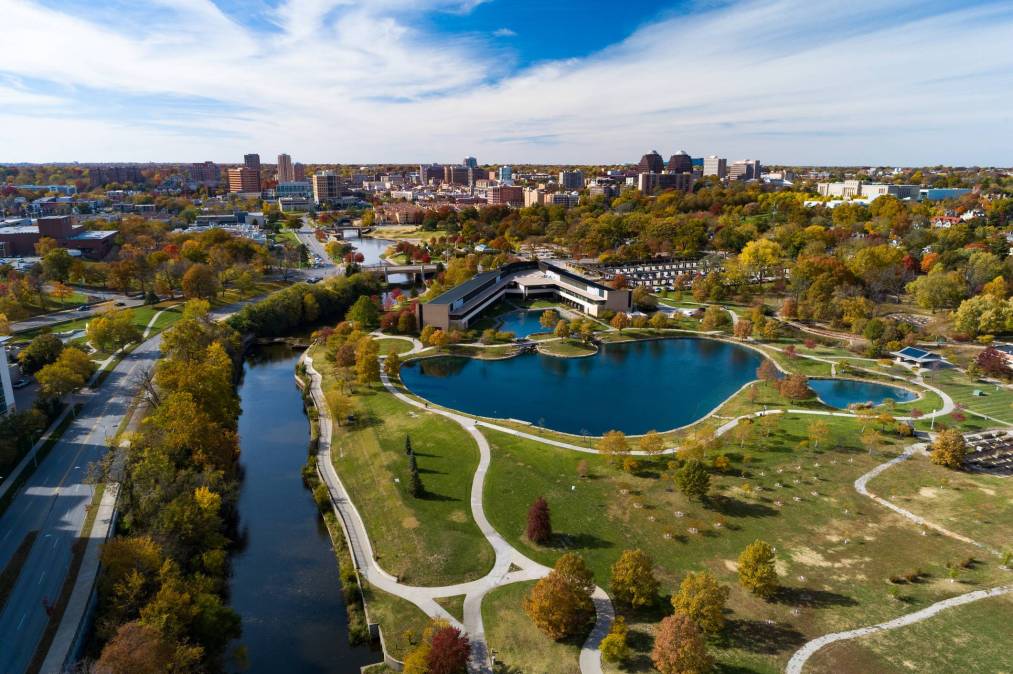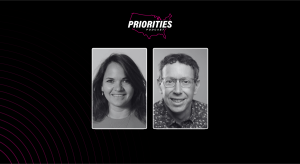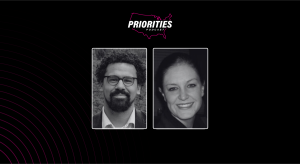Kansas City expands civic engagement with data stories, virtual ‘lunch-and-learns’

Kansas City, Missouri, officials told StateScoop they’re expanding efforts launched during the pandemic to better inform residents about how they can use the city’s open data and digital services.
The city is currently running a series of virtual “lunch-and-learns,” as well as publishing data-driven “stories” using Socrata software to improve civic engagement, said Kate Bender, a senior management analyst in the city’s data division.
The work is especially important in reaching residents that aren’t equipped with digital literacy or data analysis skills, Bender said. The free lunch-and-learns — managed under the new Office of Citizen Engagement — teaches residents how to use digital tools like the city’s open data portal and 311 mobile app.
New data stories, meanwhile, published on the city’s open data portal, allow residents to see the context behind raw data around COVID-19, 311 requests or city hiring practices that they might not otherwise be able to parse themselves. They’re both part of an effort to reach residents that aren’t already plugged in to the city’s digital channels, Bender said.
“Knowing that we have more digital options and we have good engagement, how can we open up residents’ exposure to other things, and specifically tools, that we make available, that we put on our website or that we tweet about?” Bender said. “Unless you’re already pretty engaged, you might not know or think to download the city’s 311 app, or you might have heard of open data, but not really know how it pertains to you. So that was our concept.”
Bender’s office, DataKC, has “always been pretty closely aligned in working with 311 and advising on citizen engagement,” Bender said. But when COVID-19 hit and people could no longer gather in-person for citizen engagement events, like the city’s “Community Engagement University,” a free, 8-week, in-person program that taught residents about how various city agencies work, Bender and her team decided to take the education component virtual.
“It’s not quite as thrilling to sit and listen to somebody give a presentation remotely, so instead, we recorded presentations, made them available in advance so they could watch on their own time, and then the session was all interactive, question and answer-based and asking questions,” Bender said.
For many residents, she said, the digital aspect of the new lunch-and-learns — the city has held two thus far, and plans to continue with monthly events that are then posted to YouTube — lowers the barrier to participation. Residents that might have not been able to attend in-person educational events because they couldn’t find childcare or transportation can participate, she said, and there’s no size limit to how many people can attend a virtual webinar about, for example, how to use the city’s website to file street resurfacing or pothole requests.
It’s a similar concept to publishing data stories on the city’s open data portal, Bender said. The city began uploading live data visualizations, accompanied by paragraph explainers, to its open data portal in March — eight stories are available as of August — to help residents understand what they’re looking at when they visit the site. The stories “help people delve into individual data sets” that they would otherwise have to analyze themselves, like where and how frequently are residents filing complaints about Kansas City businesses not adhering to public health mandates, or how racially and gender-diverse the city agencies are. The visualizations update automatically as the city updates the open data portal, so the stories are truly live, Bender said.
“It’s a good starting point to take someone into a data set and reveal some of the insights within it,” Bender said.






